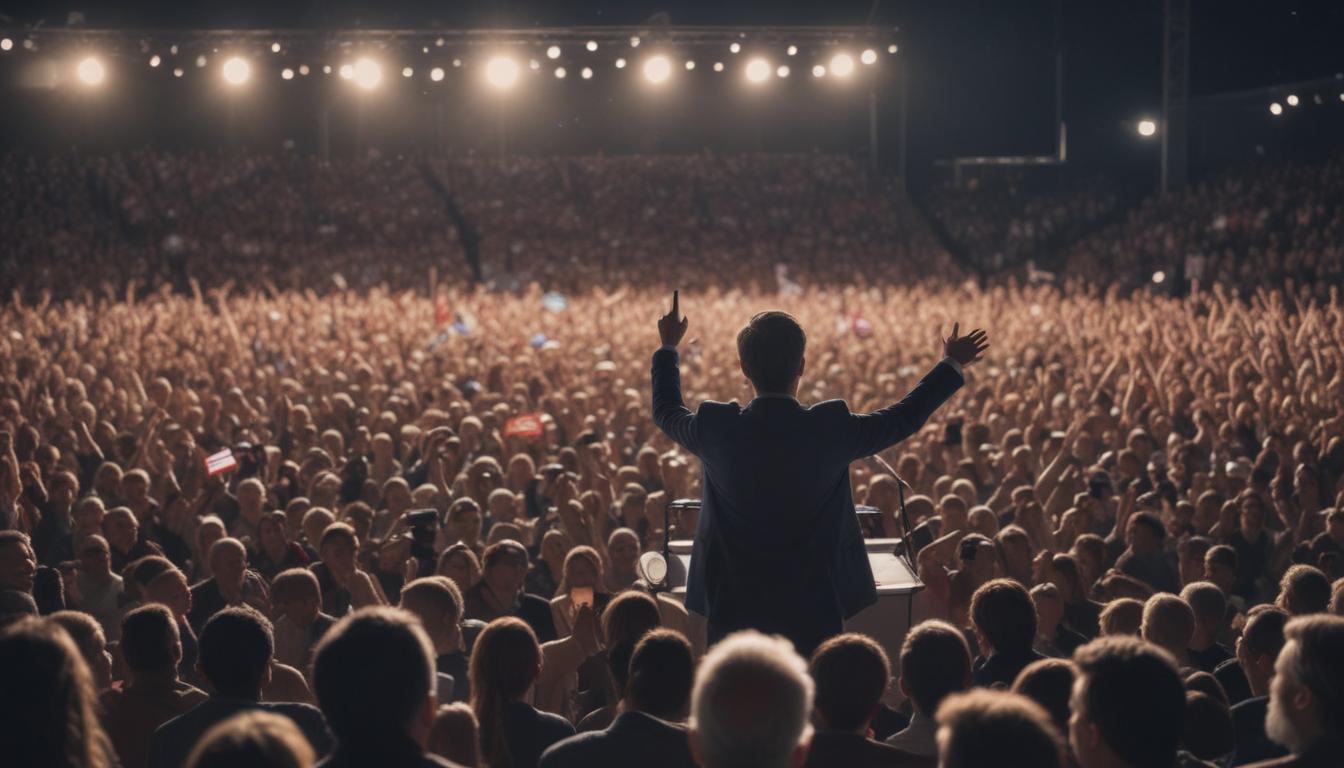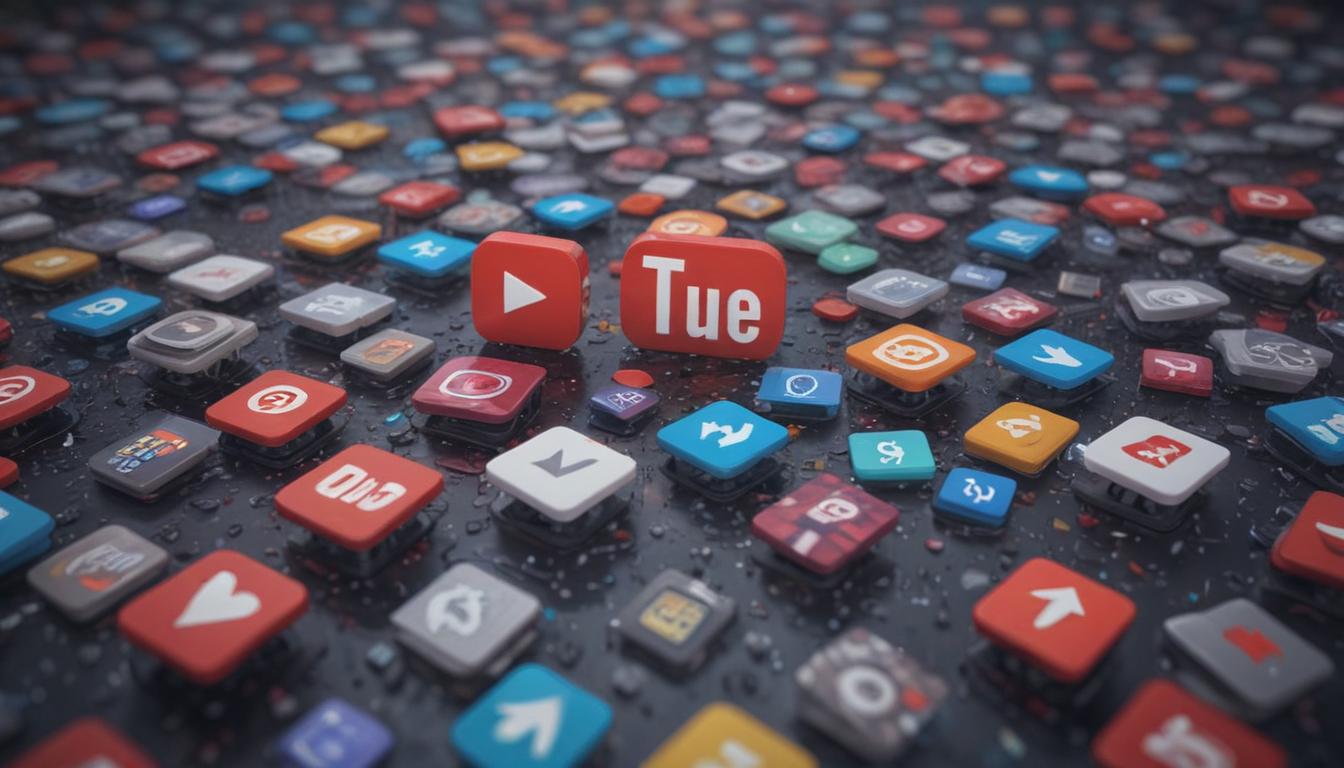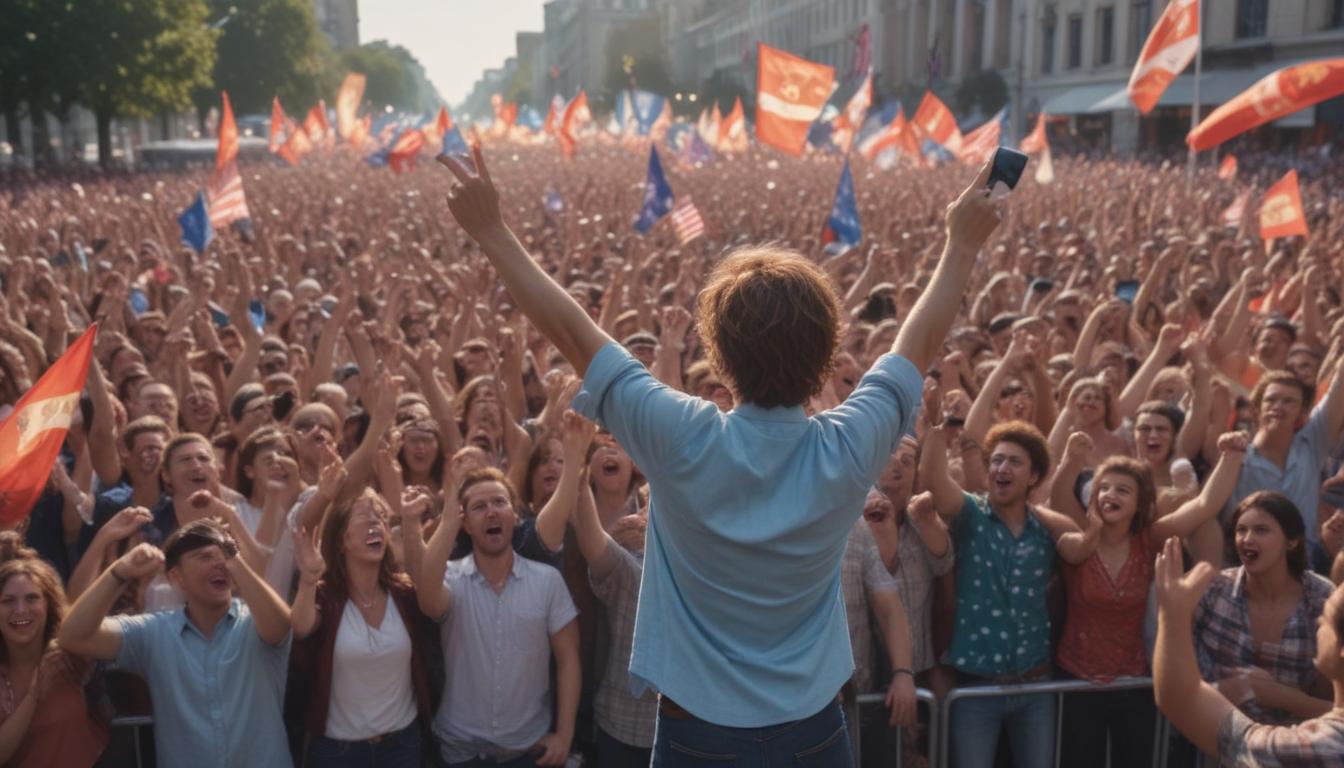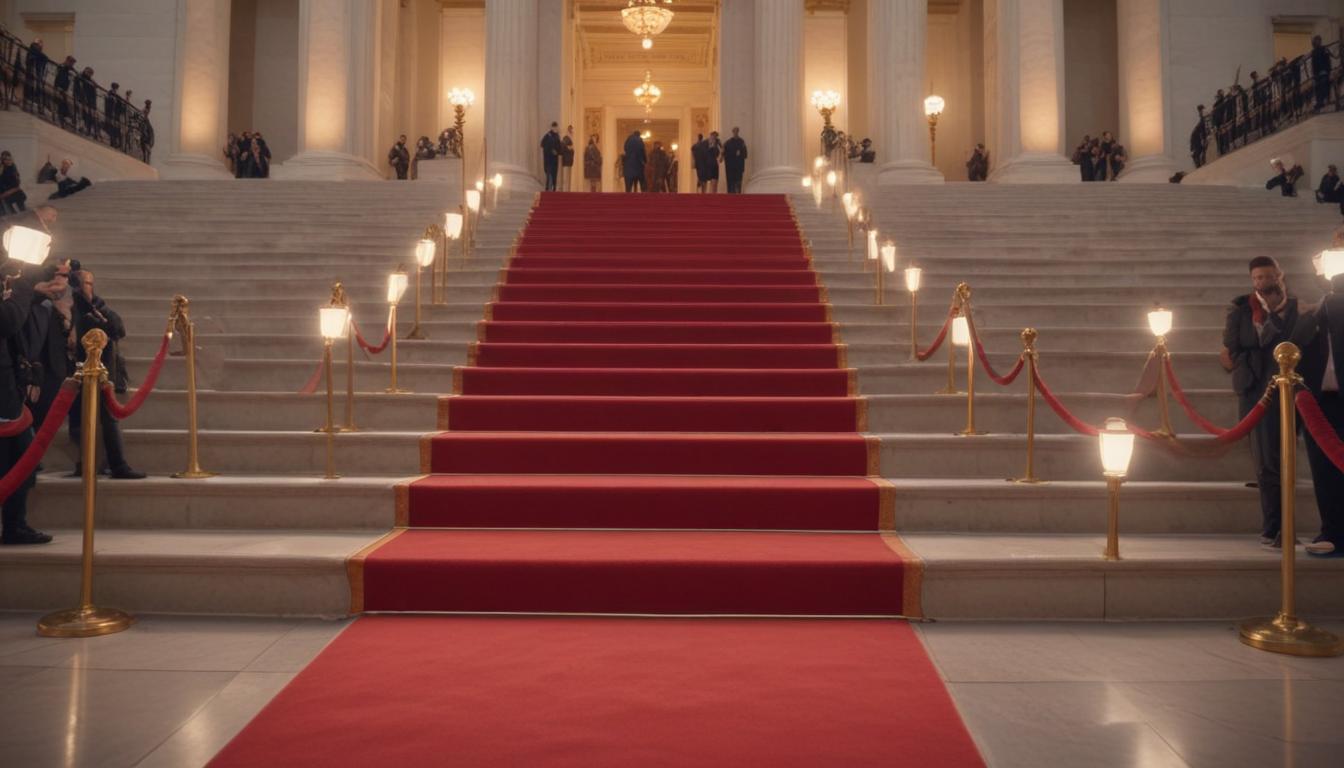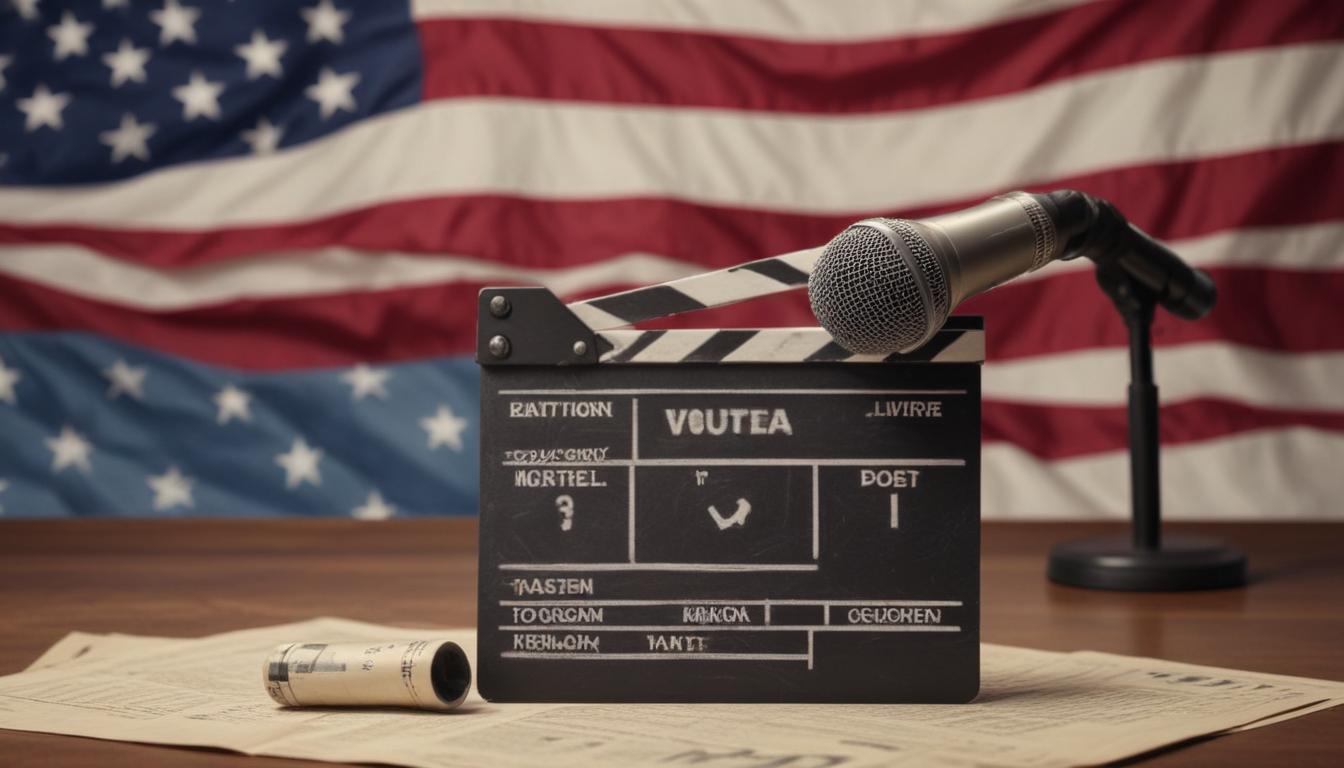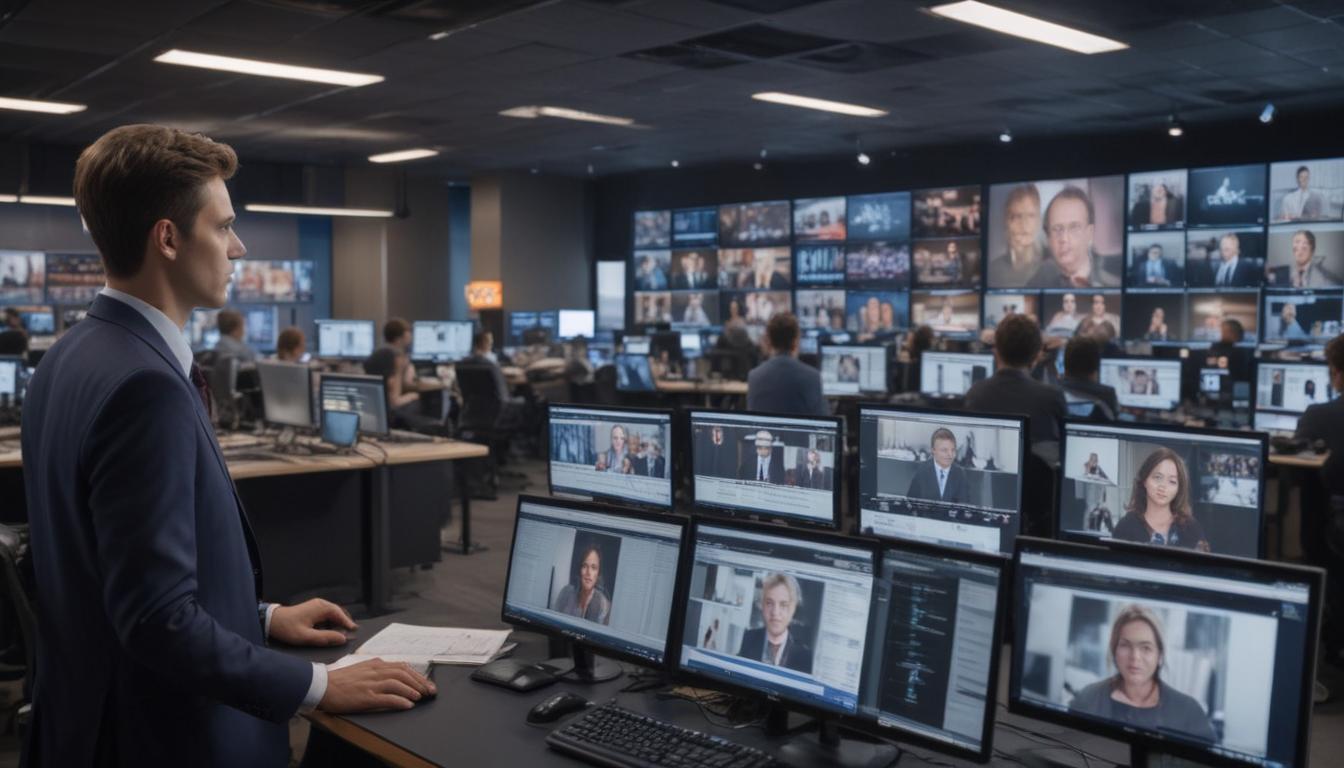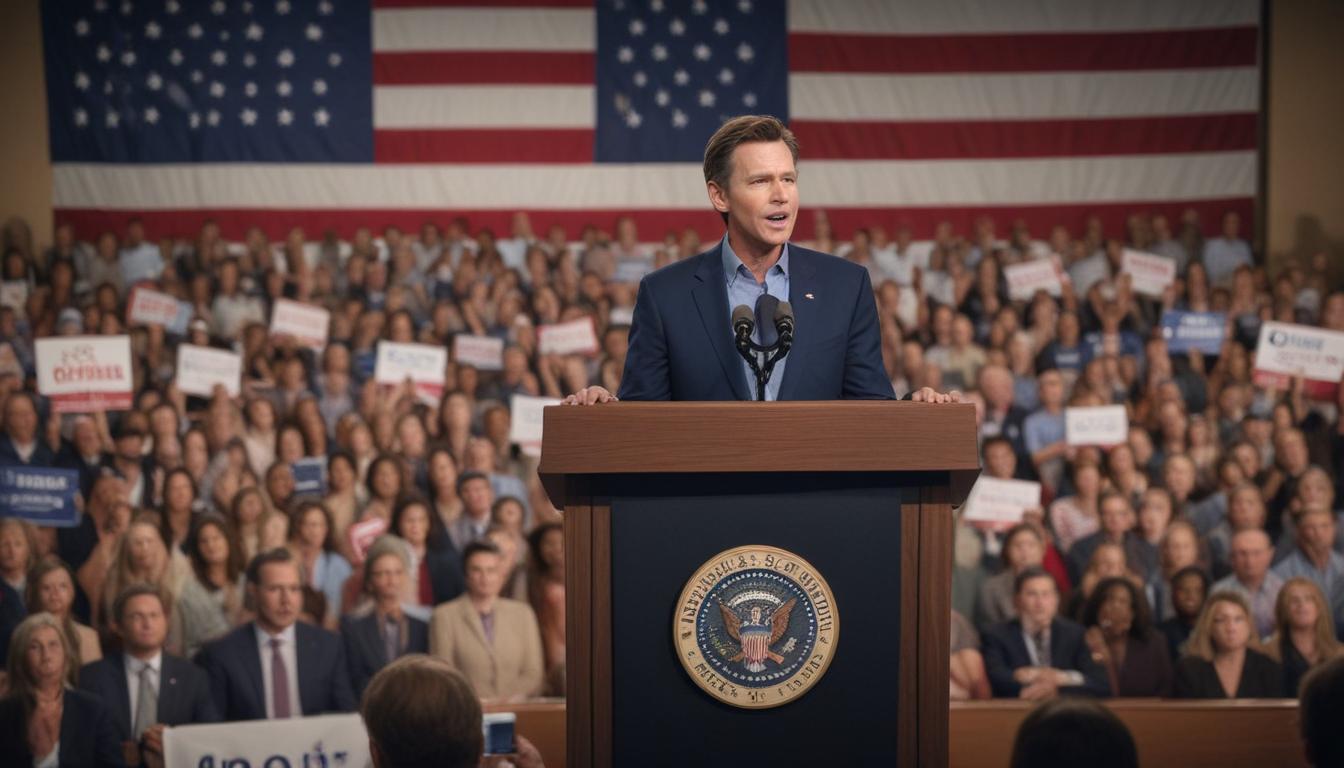Entertainment and Politics in the U.S.: A Symbiotic Influence
The Growing Fusion of Culture and Democracy
The United States has seen an extraordinary intertwining of entertainment and politics. Through decades, these two domains have merged, creating sophisticated ways to influence public discourse and reshape cultural narratives. This blog dives into the intricate ways celebrity influence, political messaging, and media spectacle have caused entertainment and politics to become a powerful symbiosis, deeply reshaping how Americans interact with their democracy.
The Growth of Politicized Entertainment
The landscape of entertainment in the United States is no longer just about providing amusement and escapism. Increasingly, platforms like late-night talk shows, award ceremonies, and streaming services are gaining prominence as spaces for political commentary and activism. Take satirical programs like ‘The Daily Show’ or ‘Last Week Tonight’. Not only do they make audiences laugh, but they also tackle pressing political issues with a sharp critique, resonating with primarily younger audiences.
Meanwhile, shows like ‘The Handmaid’s Tale’ embed current discussions about reproductive rights and democracy into their plots, reinforcing societal awareness of these urgent topics. This cross-functional role of entertainment encourages audiences to engage critically with politics, making topical narratives more accessible. However, this fusion also raises pressing questions about potential bias or oversimplification of complex policy debates, creating challenges for discerning viewers. Ultimately, the politicization of entertainment mirrors the broader democratization of political conversations, making them more relatable than traditional news outlets often manage to achieve.
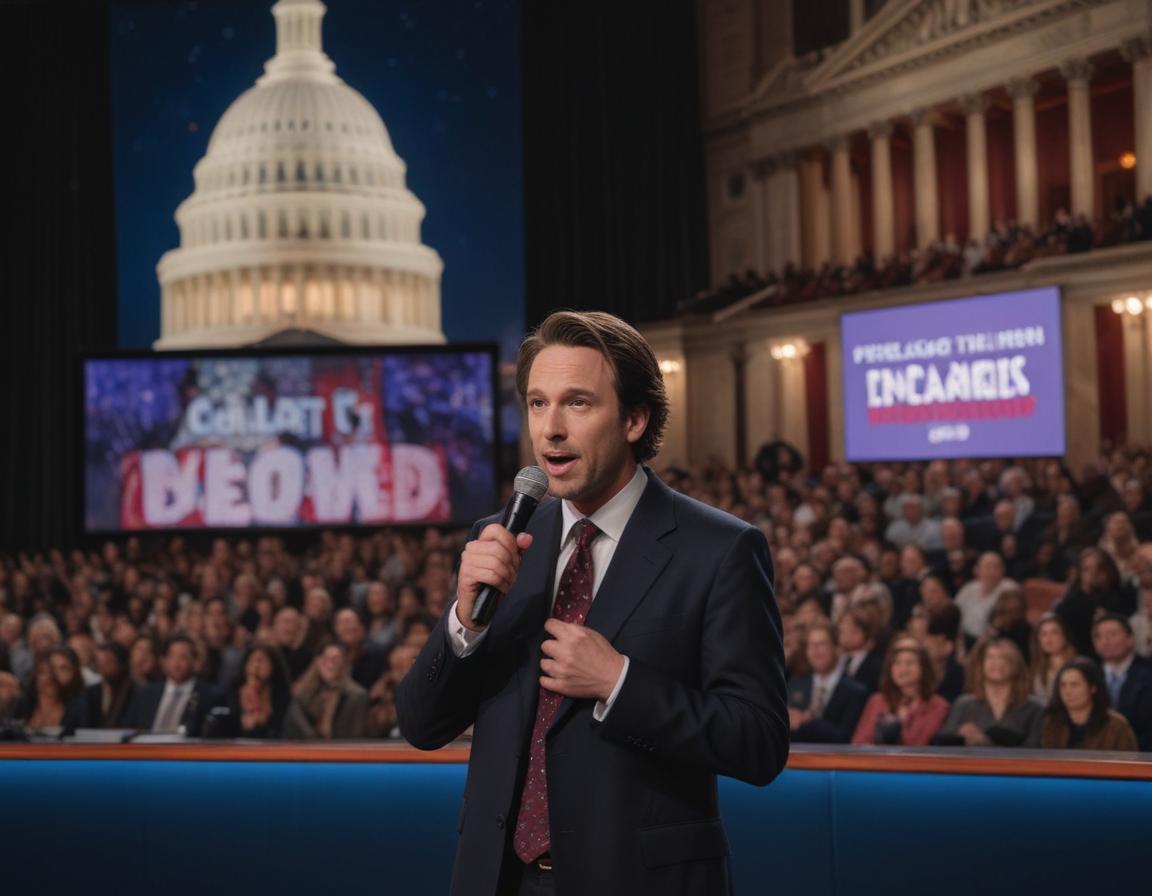
Celebrities as Political Actors
In today’s media-saturated world, entertainers have transcended their roles as mere performers to become key players in the political sphere. Figures like Taylor Swift have used their social media platforms to encourage voter registration, while stars like Dwayne ‘The Rock’ Johnson have endorsed political candidates, igniting online debates and wide public interest. Their influence extends far beyond their immediate fan base, reaching diverse audiences who may not otherwise engage with traditional political messaging.
These moments of activism often give rise to intense conversations about credibility and responsibility. Critics argue that this trend risks turning politics into a popularity contest. Yet, this phenomenon also highlights a transformative shift in how Americans perceive leadership. The fusion of pop culture and advocacy bridges gaps that traditional politicians might struggle to fill. Ultimately, celebrities as political actors redefine civic participation for a digital-first generation.
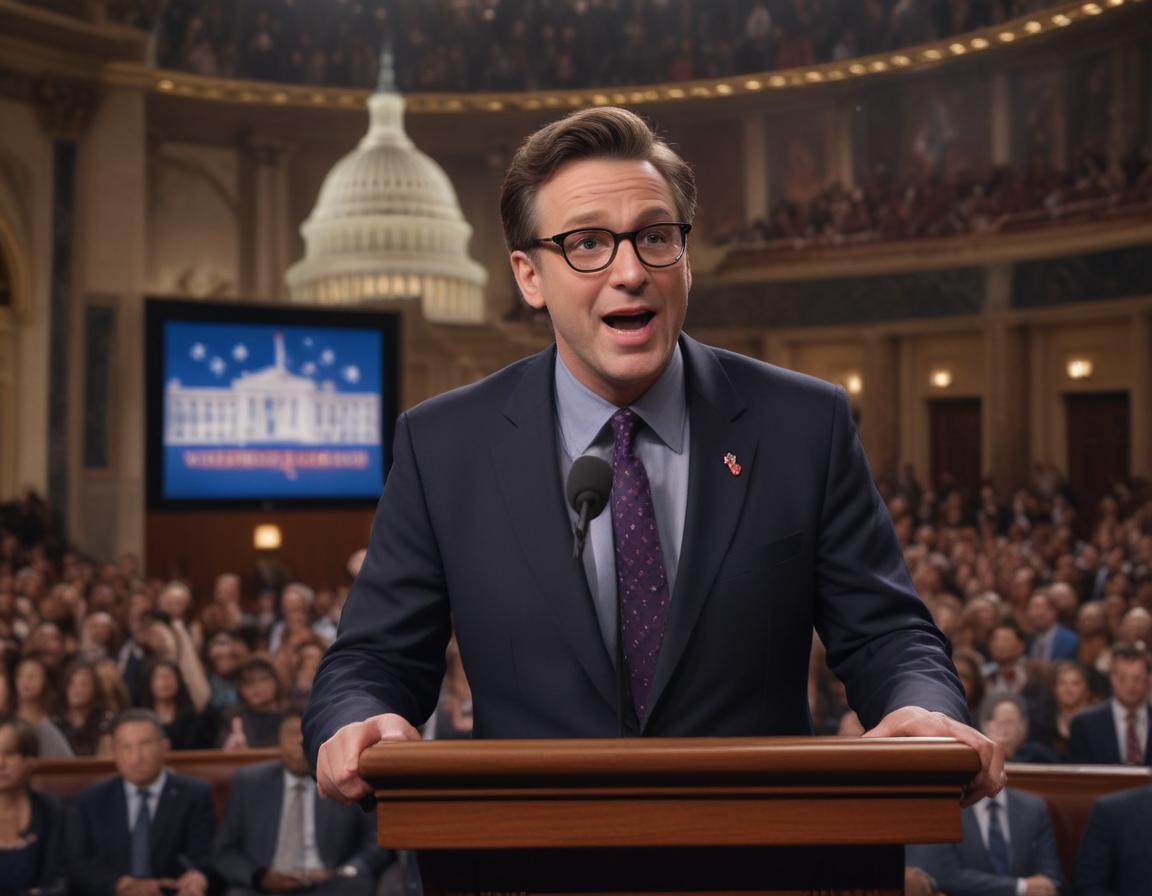
Media’s Role in Framing Political Dialogue
The unprecedented growth of digital and cable media has revolutionized how Americans consume political discourse. Platforms such as CNN, streaming networks, and even entertainment shows like SNL or The Tonight Show are increasingly blurring the lines between news, commentary, and entertainment. This shift has democratized access to information, empowering people to stay informed at unmatched speeds.
However, this development isn’t without concerns. Political discussions crafted for entertainment tend to reduce complex issues into digestible soundbites, bringing the risk of oversimplification. Social media platforms amplify this phenomenon further by favoring emotionally resonant, shareable content, often driving polarization and misinformation. Recognizing the media’s immense power to shape public perception becomes crucial as these platforms play a decisive role in influencing everything from elections to policy decisions.
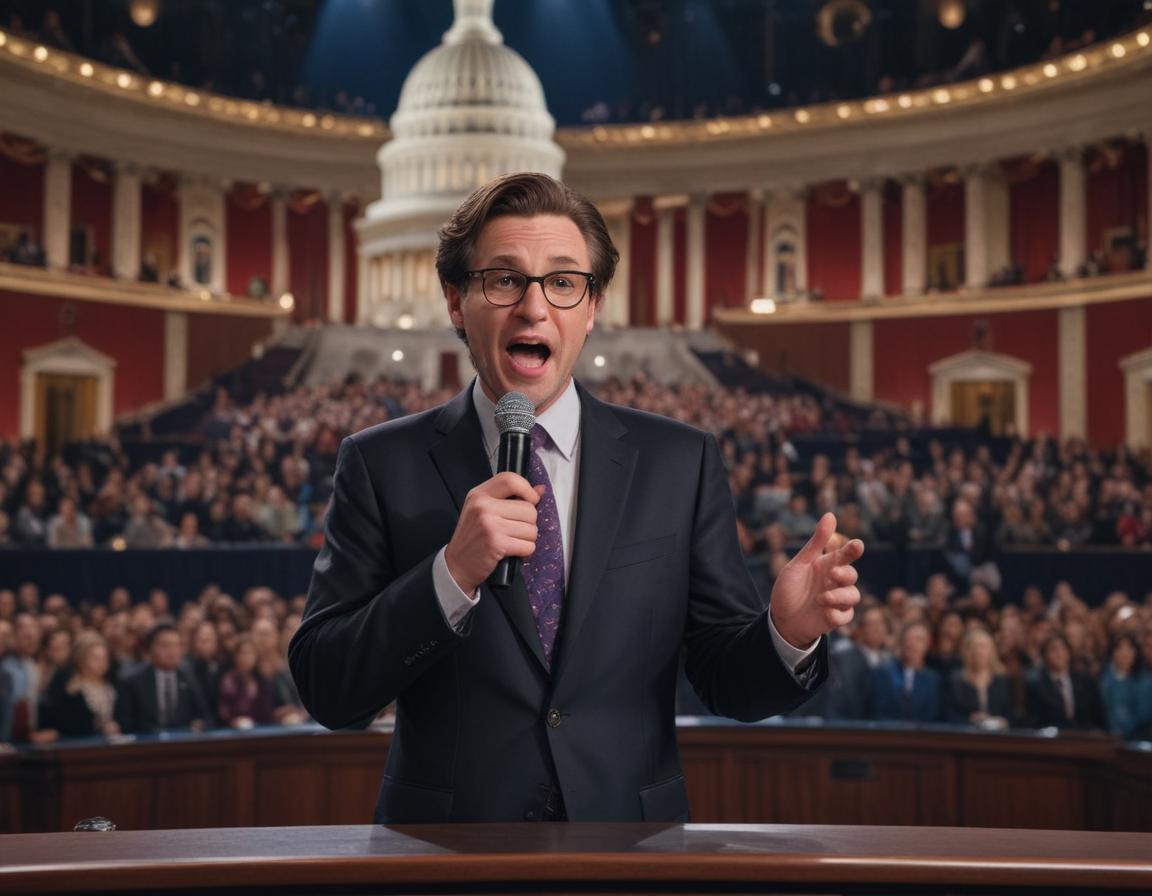
Entertainment as a Mirror and Shaper of Political Culture
Entertainment in the United States does more than reflect the prevailing socio-political climate—it actively shapes it. Blockbuster films like ‘The Hunger Games’ echo concerns over wealth inequality, while poignant dramas such as ‘When They See Us’ shed light on systemic racism. These projects amplify marginalized voices while dictating conversations about these issues.
However, such influence isn’t without risks. In some instances, entertainment may inadvertently perpetuate stereotypes or deepen societal divisions. Stories presented through creative expressions hold the power to shift dialogue, but this also demands great responsibility from content creators. By carefully balancing authenticity and storytelling, the entertainment industry holds the potential to unite otherwise divided audiences.
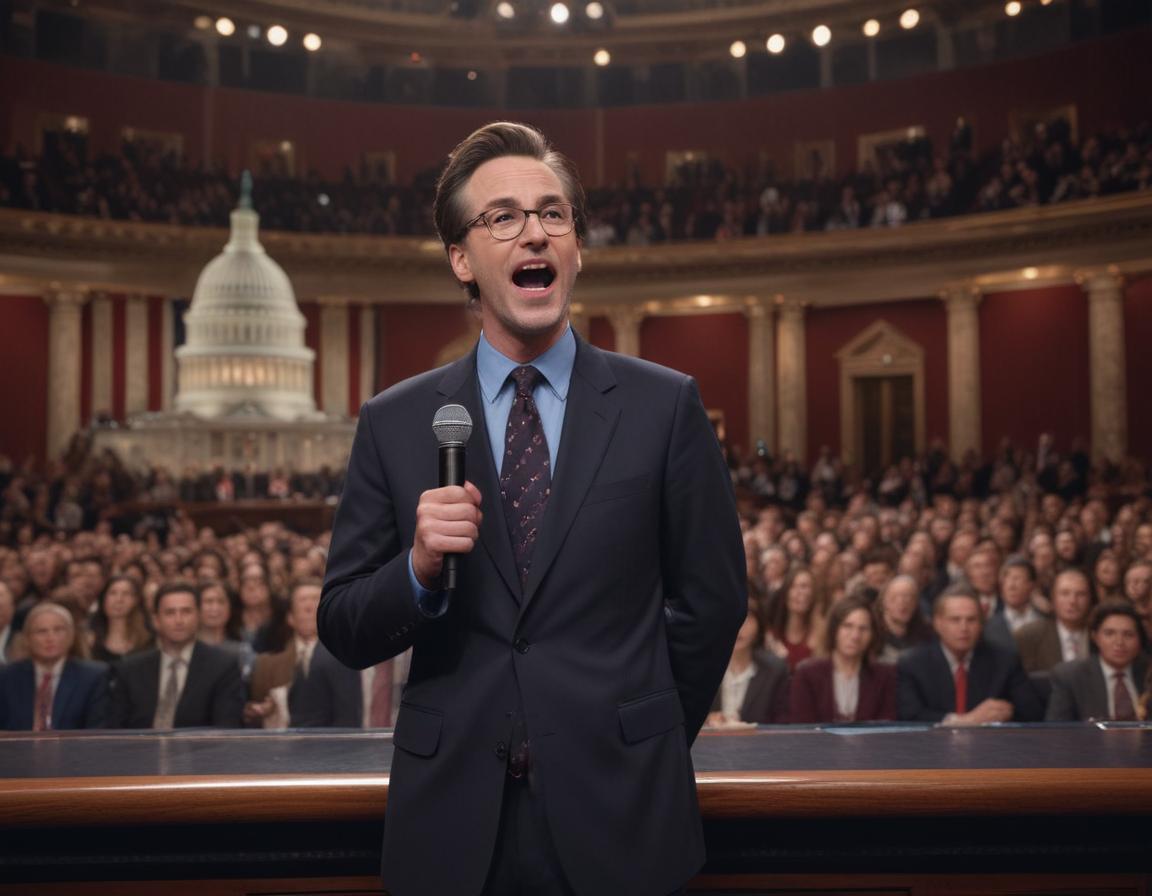
Implications for Democracy
The growing entanglement of entertainment and politics brings both opportunities and challenges to democratic practices. On one hand, entertainment channels make dry, complex policy conversations more engaging, particularly for younger audiences. On the other hand, there’s a risk of substituting substance with spectacle. When political messaging is filtered through entertainment lenses, it often relies on emotionally charged frames, which can be misleading.
‘Celebrity politicians’ further complicate the landscape, blurring the lines between governance and showmanship. As this trend continues, media literacy and critical thinking will become more essential, not just for audiences but also for creators responsible for these narratives. Navigating this evolving dynamic thoughtfully paves the way for entertainment’s potential to foster a more civically engaged populace.
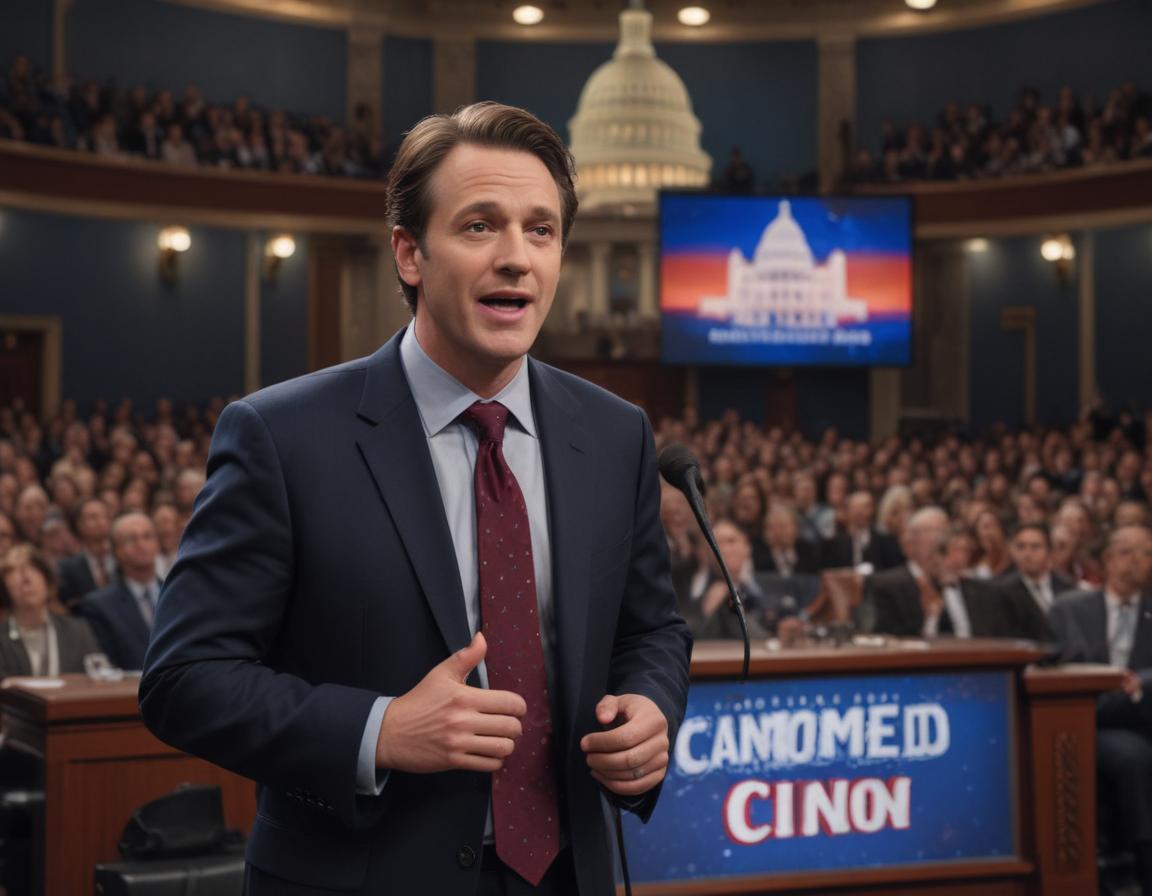
Conclusion: Embracing an Evolving Dynamic
The fusion of entertainment and politics in the United States will continue to evolve, influencing public perception and shaping the nation’s democratic fabric. As these two spheres deepen their connection, it’s more important than ever for individuals to approach this dynamic with an open yet critical mind. Ask yourself: how are these messages shaping your views? How can we consume media more thoughtfully?
Your voice matters. Stay informed, question the narratives presented to you, and engage with these discussions actively. Together, we can harness the positive impact of entertainment in enriching our democracy and ensuring it remains a tool for awareness rather than distraction.
“`

